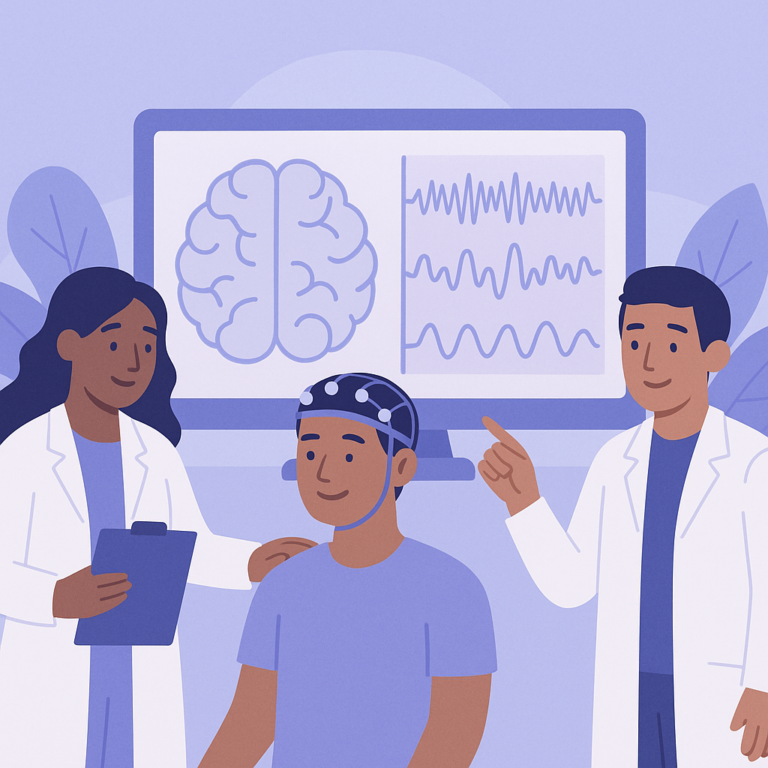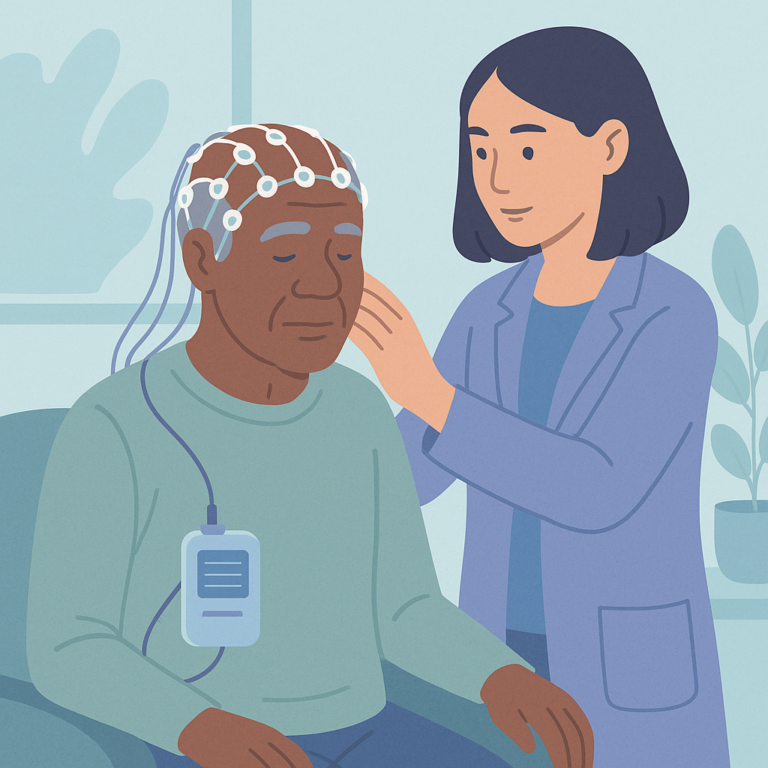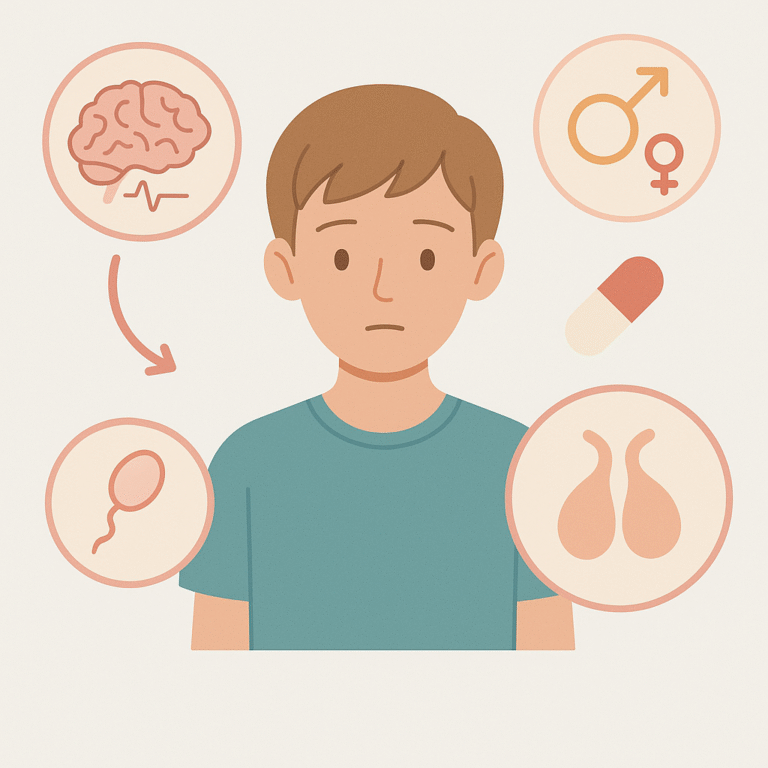Managing Epilepsy in Women During Reproductive Years
⚠️ Pregnancy-related topic: medication, diet, and testing decisions must be made with your obstetrician and neurology team.
Source: Neurological research and practice
Summary
This study focused on women with epilepsy who are of childbearing age, a group that faces specific challenges related to their condition and reproductive health. Researchers reviewed existing data and guidelines to understand how epilepsy and its treatments, particularly antiseizure medications (ASMs), affect women during different life stages, such as pregnancy and menopause. The goal was to provide clear information for healthcare providers to help manage the health of these women effectively.
Key findings from the review highlighted that ASMs can impact various aspects of reproductive health, including menstrual cycles, pregnancy outcomes, and bone health. It was noted that some medications might pose risks to fetal development, making it essential for women to receive preconception counseling. Recommendations included choosing ASMs that reduce the risk of birth defects while still controlling seizures, as well as the importance of folic acid to prevent certain birth defects and tailored contraceptive options for these women.
Understanding these issues is important because it helps healthcare providers support women with epilepsy in making informed decisions about their health and family planning. However, the study also has limitations, such as the need for more research on the long-term effects of ASMs and the varying experiences of women with epilepsy. Overall, better education and personalized care can lead to improved health outcomes for both mothers and their children.
Free: Seizure First Aid Quick Guide (PDF)
Plus one plain-language weekly digest of new epilepsy research.
Unsubscribe anytime. No medical advice.





